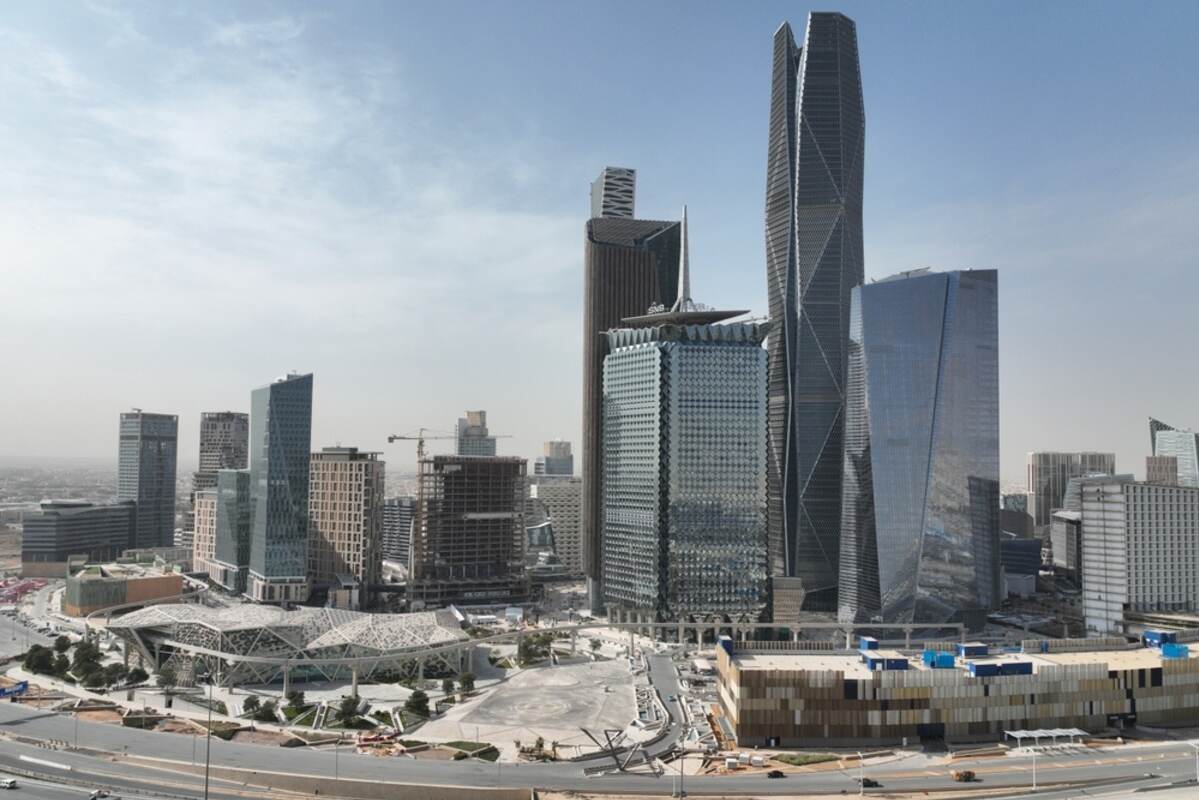Saudi Arabia’s non-oil business sector saw sustained improvement in activity, but competitive pressures and challenging weather conditions dampened growth, with the Kingdom’s Purchasing Manager’s Index (PMI) dropping to its lowest recorded level since January 2022.
Riyad Bank PMI declines, yet remains in expansion territory
The Riyad Bank PMI declined for the third consecutive month, reaching in July 54.4 from the 55.0 recorded in June, yet remained above the 50.0 neutral mark, indicating a modest improvement in operating conditions across the Saudi Arabian non-oil private sector.
Slower expansion in output, new orders
The start of Q3 saw both output and new orders expand to a lesser degree. Output growth slipped to a six-month low, while new orders rose at the least pronounced pace since January 2022.
However, survey comments suggested that demand conditions were favorable, driving higher sales and improved output across the sectors covered by the survey.
Capacity pressures and competition lead to price reductions
Areas of weakness were primarily linked to capacity pressures stemming from heatwaves and increased market competition, which led non-oil businesses to reduce their selling prices, despite a further increase in underlying input costs. The decrease was not only the first recorded in nine months, but also the fastest observed since the survey began in 2009.
Strengthening purchasing activity and employment
Purchasing activity rose at the strongest rate in three months in July, with the rate of expansion picking up from its lowest point in June, as growing client demand prompted firms to maintain robust quantities of inputs in stock. Employment numbers across the non-oil private sector also increased in July, marking a third successive month of expansion, though at a modest pace.
Read more: Saudi Arabia’s unemployment rate stabilizes at 3.5 percent in Q1: GASTAT
Steady demand, competitive pricing, and expanding exports
Naif Al-Ghaith, Chief Economist at Riyad Bank, said the combination of steady demand, competitive pricing, and expanding exports paints a positive outlook for Saudi Arabia’s economic growth.
Despite extensive competition in the market leading to downward pressure on prices, Al-Ghaith stated that companies are striving to maintain their market share by offering more attractive pricing to consumers.
“Additionally, new exports have continued to expand, signalling a further increase in net non-oil trade. This expansion in exports suggests that Saudi businesses are successfully penetrating international markets, which bodes well for the diversification of the economy away from oil dependency,” he added.
Business sentiment regarding the year-ahead outlook was “mildly upbeat”, with firms reporting stronger client demand, healthy order backlogs, and increased government investment as factors supporting a positive view.
For more economy news, click here.








